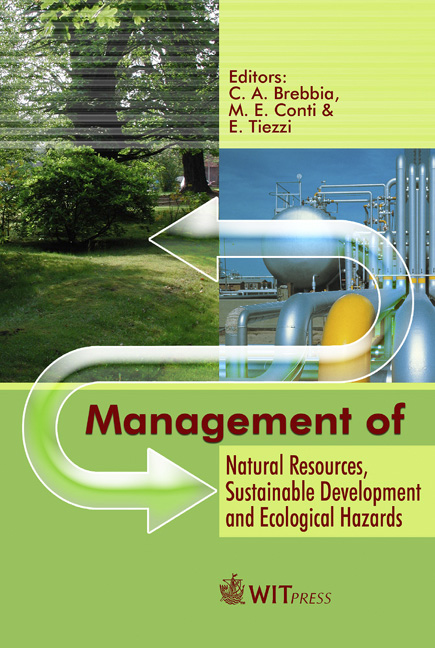A Study To Designate A National Land Sustainable Plan In Japan: Focus On Land Recycling
Price
Free (open access)
Transaction
Volume
99
Pages
10
Published
2006
Size
1,387 kb
Paper DOI
10.2495/RAV060161
Copyright
WIT Press
Author(s)
M. Taniguchi
Abstract
Although expansion of urban areas has been promoted by rapid population growth in Japan, the lands that have been deserted as a result of decreased population and office space have been increasing lately in various locations throughout the country. Urban layouts with scattered disused lands are not only inefficient, they are also undesirable in terms of sustainability. Furthermore, issues of how to take measures to meet such a decreasing societal capacity as Japan is facing will be shared among more and more countries. To cope with that decreasing trend appropriately, Japan has proposed a guideline, called the \“National Land Sustainable Plan”, for nationwide space management. The present study elucidates phenomena that reveal themselves now mainly from the viewpoint of land recycling promotion, actual conditions in the \“National Land Sustainable Plan”, and similar future plans. Keywords: National Land Sustainable Plan, urban space recycle, ecological footprint. 1 Introduction The policy motivation of space use of national lands should vary generally depending on a country’s economic development level. During early stages, with low economic activity, a nation should first establish plans to promote economic activity to make the local community affluent. On the other hand, as the society matures as a result of their promoted economic activity, quality of life issues and concern for sustainability should dominate the planning of policy-makers. Japan has experienced exactly such a change of planning ideas over the past five decades.
Keywords
National Land Sustainable Plan, urban space recycle, ecological footprint.





